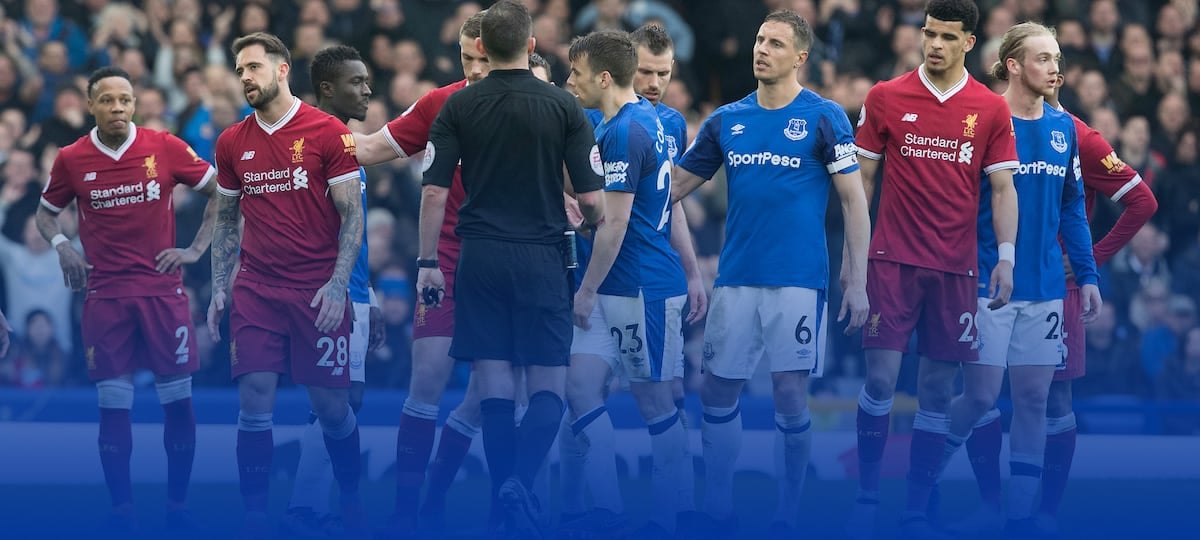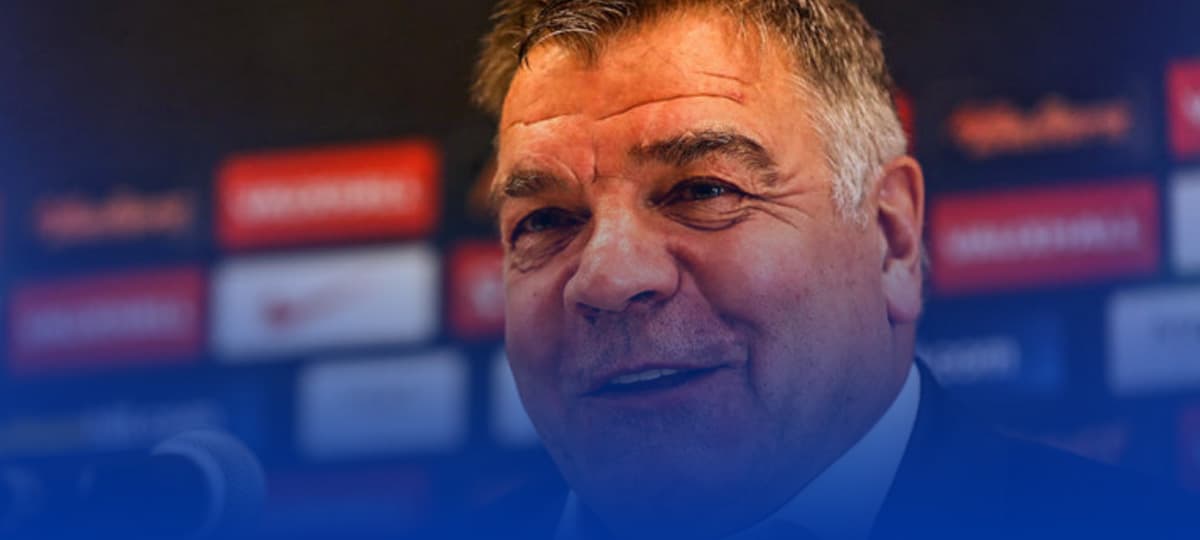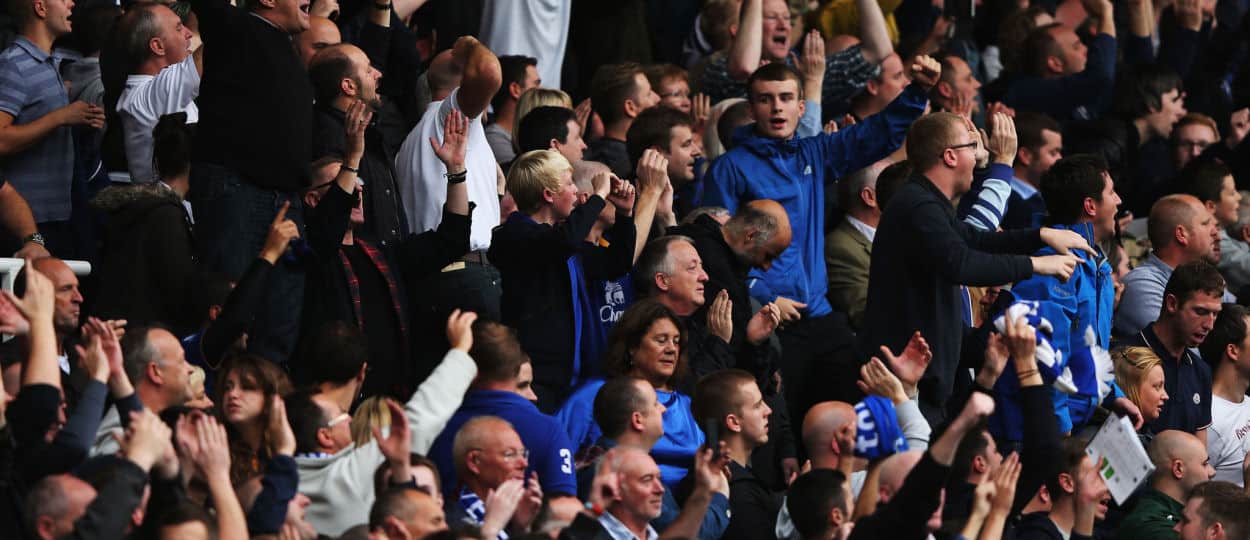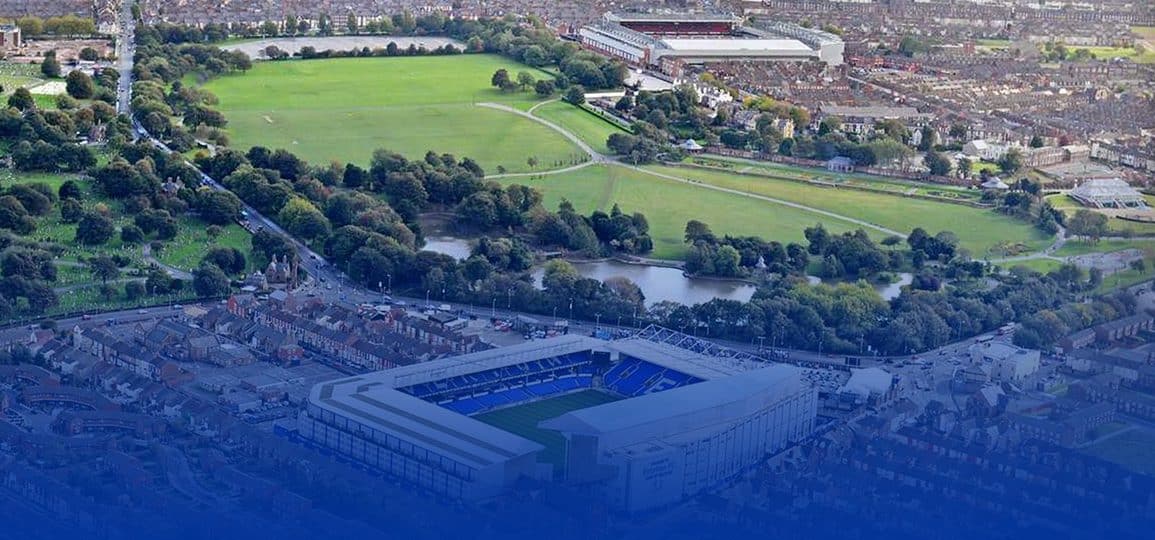Call it age, call it maturity, call it apathy born from resignation, but the more time passes, the harder I’m finding it to summon up the all consuming loathing I once felt so passionately for the sh**e across the Park.
In the past, an event like their current European adventure, would have had me consumed with rage. This is Liverpool at their self-entitled worst, complete with a media machine genuflecting with slavish adoration. But although irritation unquestionably remains, the fire has ebbed. I no longer burn quite so bright with hate.
This new development has afforded me the opportunity to look at our neighbours properly for the first time. Not objectively, because such dispassionate neutrality would always been impossible, but perhaps with a more analytical eye. And as much as its sickens me, there’s a thing or two we could learn from them.
Say what you want about our neighbours (and I encourage you to comment below with some of the more offensive opinions) but there is little doubt that they have navigated the Premier League-era better than Everton. While no title has been won and their Football League dominance has dissipated, Liverpool have always remained amongst the higher reaches.

It’s an awful term, but because of this, they have retained their ‘brand recognition’ both domestically and internationally. Liverpool are the sixth most popular football club in the world. More impressively, they are the only member of the top ten most popular clubs to have not won a league title in the past 25 years. Somehow, Liverpool have translated a lack of tangible success into significant off-the-field popularity. They have attracted glory hunters without achieving glory, which is no mean feat.
And this has an impact. This huge following is why they are televised disproportionately, why their commercial revenues are so large, why their international tours are sold out, why they are written about so frequently, why the media cares about them so much. As Blues we might mock the international flavour of Anfield on match days, but it’s this reach that has underwritten their ability to compete with the big guns for so long.
Although this appeal is unquestionably a legacy of their dominance in the 1970s and 1980s, the club has been adept at nurturing and expanding it. Fundamentally, by doing this, it speaks of a club that understands the importance of the commercial side of the game, something that has become even more apparent since FSG have arrived on the scene. Commercially, in recent years, Liverpool have morphed into a very savvy business. This aspect of the game might make traditionalists shudder but if you want to compete with the best, it matters. Liverpool’s cultivation and exploitation of a significant international fan-base illustrates that the club understands the way that football has changed and what is required for to remain competitive.
This professionalism is also evident in the way that FSG have come to understand recruitment. After a stuttering start, there is little question that they have begun to get it right. A mixture of youth, modestly priced recruits (by top flight standards) and expensive players of class has created a side that genuinely fills me with dread. And overseeing it all is a manager who is probably too good for the club. While Everton slum it with Allardyce, Liverpool have gone out and brought in one of Europe’s elite, a manager who could easily have found work with the likes of United, Bayern or Real. And the result is a side that stands on the precipice of a Champions League Final.

And unquestionably, part of the draw for Klopp was the final element part of the jigsaw, the fans. We mock their flags, their flares, their self eulogising. And in all fairness, it probably warrants mocking. But at least it’s something. And it’s something that appealed to Klopp and to many people in the media who in turn seem disposed to fixate on the club. The phrase ‘a special night at Anfield’ exists as media lingo because the fans create the kind of spectacle that the media can readily buy into. Liverpool supporters are not better fans than us Blues, but right now they look better. There is nothing they do that we Evertonians can’t. But at the moment we don’t. Instead we laugh at them and retreat. We’re the sneery scallies in class laughing at the popular kids.
Despite the above, I do not want Everton to become Liverpool. For all that they have done right, there remains something hollow about them as a club. They are too commercial, too divorced from the community, too eager to embrace the international over the local.

There also remains an unattractive sense of self entitlement that runs perniciously through the fanbase. Were Everton to reach a European final, we would likely be happy to be there. When Liverpool do it, there is a vicious sense of vindication, as though a footballing injustice has finally been put right. The humility of Evertonians is something we should never lose.
But just because they haven’t done everything right, doesn’t mean everything they do is wrong. On our doorstep is a football club that makes more money than us, that has a stronger international profile, that is adored by the media, that can attract players and managers it probably doesn’t deserve and which is followed by a fan-base that can create genuinely impressive atmospheres.
Rather than continually dismissing them, maybe we should take a moment to wonder why they do what we can’t. It’s the first desire of every Blue to see Everton back amongst the elite. But to do that we are going to have to start behaving like an elite club. Perhaps it’s time to look across the Park and see what the neighbours are up to?


